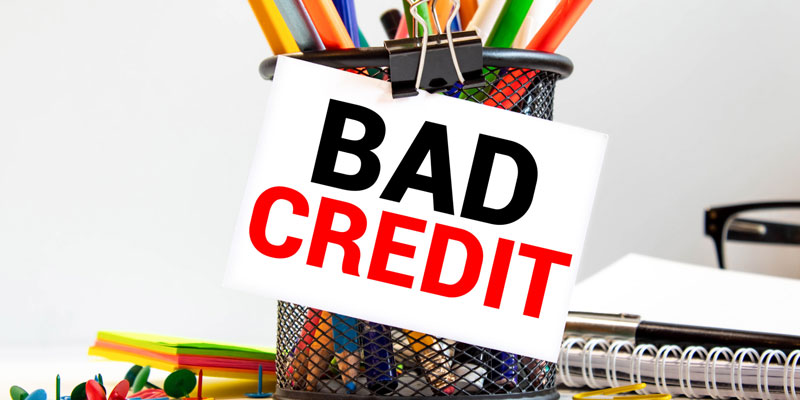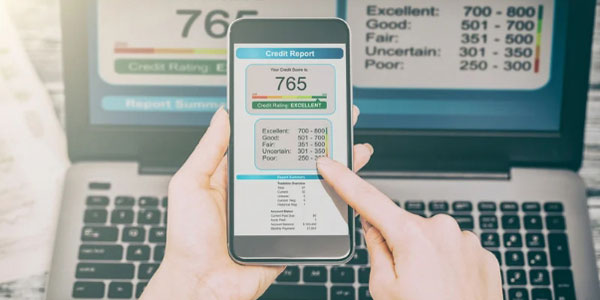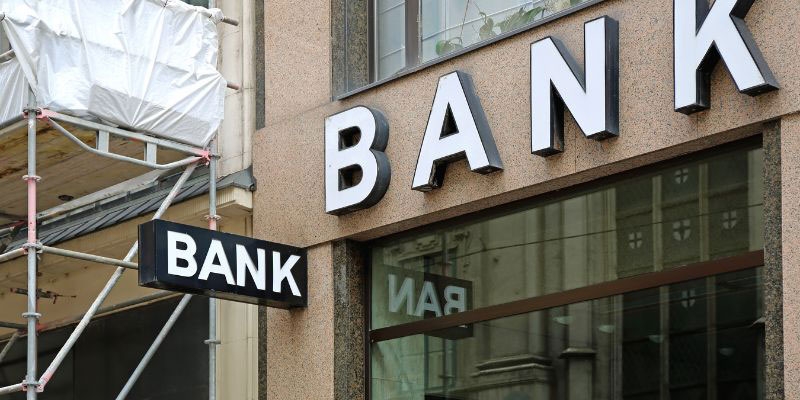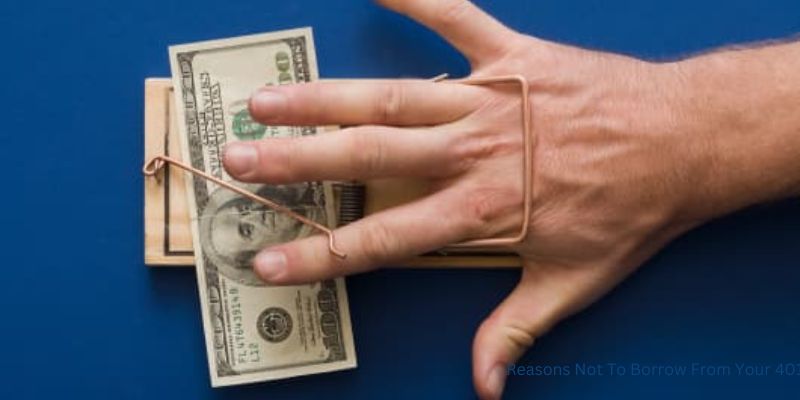If you are planning to apply for a loan, mortgage, or credit card, your credit score is one of the most important factors that lenders consider. It is a number that ranges from 300 to 850 and impacts your ability to borrow money and how much you pay for that borrowing. But what is the lowest credit score, and what causes it? This blog post will explore the answers to these questions and offer tips on improving a low credit score.
Let's delve into the details and shed light on this important aspect of credit scoring.
What is a Credit Score?
A credit score is a three-digit numerical representation of an individual's creditworthiness. It is calculated based on various factors. These factors include payment history, credit utilization, length of credit history, credit mix, and new credit applications.
Significance of Credit Scores
Credit scores play a crucial role in financial transactions. Lenders use credit scores to assess the risk associated with lending money. A higher credit score often leads to more favorable loan terms, lower interest rates, and a higher likelihood of loan approval.
The Lowest Credit Score Possible
There is no fixed credit score threshold, as it can go as low as zero. Credit scores typically range from 300 to 850, with higher scores indicating better creditworthiness. The lowest credit score falls at the bottom end of this range.
However, a FICO score 300 is usually regarded as the lowest credit score possible. In contrast, a Vantage score ranges from 300-499. It means that your credit report contains numerous negative marks, including bankruptcies, defaults, and missed payments.
This is a meager score that only some people have. However, anything below 580 is considered a poor credit score, and you will likely need help to get approved for credit cards, loans, and mortgages. Scores between 580 and 669 are fair. Scores between 670 and 739 are good; scores between 740 and 799 are perfect, and scores above 800 are exceptional.
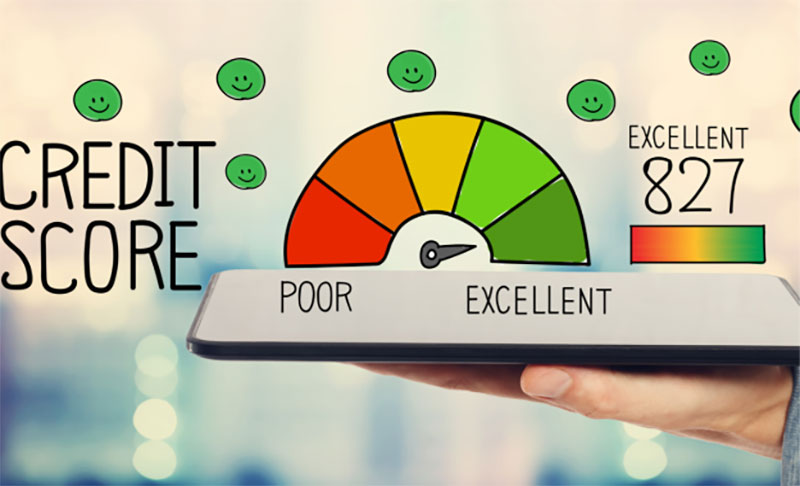
What Causes a Low Credit Score?
Several factors contribute to a low credit score. The most significant cause is a payment history of missed or late payments, which accounts for 35% of your overall score. High credit utilization rates, too many inquiries on your report, and having a limited credit history can also adversely affect your score.
Here are some negative factors that can cause a low credit score.
Payment History
One of the most critical factors affecting your credit score is your payment history. Consistently making late payments, defaulting on loans, or having accounts sent to collections can significantly lower your credit score. On-time payments are crucial for maintaining a positive credit history.
High Credit Utilization
Credit utilization refers to the amount of credit you currently use compared to your total available credit. High credit utilization, particularly above 30% of your available credit limit, can negatively impact your credit score. It suggests a higher level of risk for lenders and indicates potential financial strain.
Negative Public Records
Public records such as bankruptcies, tax liens, or civil judgments can severely impact your credit score. These negative records indicate financial difficulties or a history of not fulfilling financial obligations, leading to a lower credit score.
Limited Credit History
Having a limited credit history can result in a lower credit score. Lenders rely on your credit history to assess your creditworthiness. If you have no or very few credit accounts, it becomes challenging for lenders to evaluate your creditworthiness accurately.
Applying for New Credit Frequently
When you apply for new credit, a hard inquiry is generated on your credit report. Multiple hard inquiries within a short period can negatively impact your credit score. This signals lenders that you may take on too much debt or face financial instability.
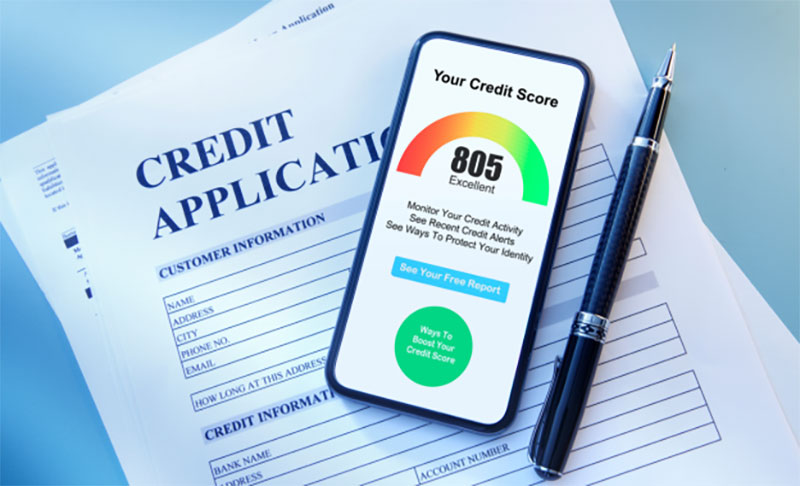
How to Improve a Low Credit Score?
There are a few ways to start improving a low credit score, including the following:
Pay Your Bills on Time: Late or missed payments can significantly impact your credit score, so it's crucial to ensure you make your payments on time.
Reduce Your Credit Utilization Ratio: Aim to reduce your balance on your credit cards and maintain a credit utilization ratio below 30%.
Check Your Credit Reports Regularly: Check your credit reports regularly for errors and address them immediately.
Consider a Secured Credit Card: A secured credit card can help you improve your score by allowing you to build a positive payment history.
Don't Close Unused Credit Cards: Keep your unused credit cards open to maintain a long credit history and a lower credit utilization ratio.
Improving a low credit score can take time, but it’s not impossible. Start by reviewing your credit report and correcting any errors. Open a credit card if you don’t have one and use it responsibly by paying your bills on time and keeping your balance low.
Lowest Credit Score to Buy a House
To purchase a house, potential homebuyers need to meet specific credit score requirements set by mortgage lenders. While specific requirements may vary, conventional mortgages' standard minimum credit score range is typically around 620 to 640. However, government-backed loans like FHA may have more flexible credit score requirements.
Lowest Credit Score to Buy a Car
When financing a car purchase, lenders consider the borrower's credit score as part of the loan approval process. The minimum credit score required can vary among lenders. But having a credit score of at least 660 to 680 is generally recommended for favorable auto loan terms. However, some lenders may offer financing options to individuals with lower credit scores but with higher interest rates.
Financing Options from Specific Brands
While specific brands like Kia and Harley Davidson offer financing options, credit scores are one aspect considered during the application process. Other factors such as income, down payment, and overall credit profile influence financing decisions.
However, no minimum credit score is required to be approved for a loan from Harley Davidson. On the other hand, Kia requires a credit score ranging from 650 to 850 to qualify for its financing.
Conclusion
Your credit score plays a crucial role in your financial life. A low credit score can limit your borrowing options and cost you higher interest rates and fees. Understanding what causes a low credit score is the first step to improving it. Start by making payments on time and paying down any debt you have.
Remember that having a low credit score is not permanent, and you can always take steps to rebuild your credit and achieve your financial goals. Be consistent with your efforts and focus on building good credit habits. In time, you can improve your credit score and enjoy the benefits that come with it.

